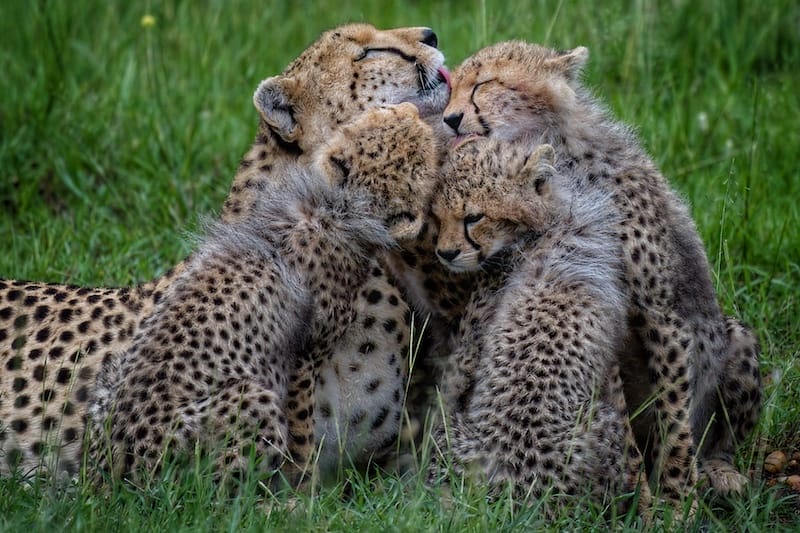
Safari Industry Misconceptions - why we can't "just leave the animals alone!"
Read through the comments sections of safari-related posts on any social media site and undoubtedly you will quickly find well-meaning but misguided comments such as “Leave the animals alone!” with further remarks suggesting that by venturing into wildlife reserves people are intruding and disturbing the wild animals which would be much better off just left to themselves, followed by a debate about the morals and ethics of wildlife photographic safaris.
Others are convinced that a safari is a hunting expedition whereas it is actually a Swahili word meaning a journey. In our case it is a journey into the wild to watch and photograph wild animals in their natural habitat with the minimum of disturbance. There is no hunting on our safaris and in fact shooting wild animals was banned in Kenya more than 30 years ago.
Here we aim to highlight the truth behind how our safaris operate and our impact on the natural environment.

Humans vs Nature
Wild animal populations are declining and for many species the numbers have halved in a relatively short period. This is almost entirely due to habitat loss with the growing pressure for land as the human population numbers increase, especially in Africa.
Many of the forests and wilderness areas where animals once lived in abundance have now been lost to destructive logging, intensive farming and human settlement. Animals are being displaced, losing their former rangelands and falling victim to wanton killing, retaliatory attacks or poaching.
In Kenya, the human population has increased from 10 million to 50 million in five decades. Space formerly available for wildlife is disappearing rapidly as the land becomes densely settled and sub-divided with fences which are excluding wildlife and changing migration patterns.
There needs to be more space for nature.
In Kenya, less than 8% of the land surface area is in the state-controlled National Parks & National Reserves. This is just not enough to provide a home for all the wild animals that reside outside the parks but are losing their habitat.
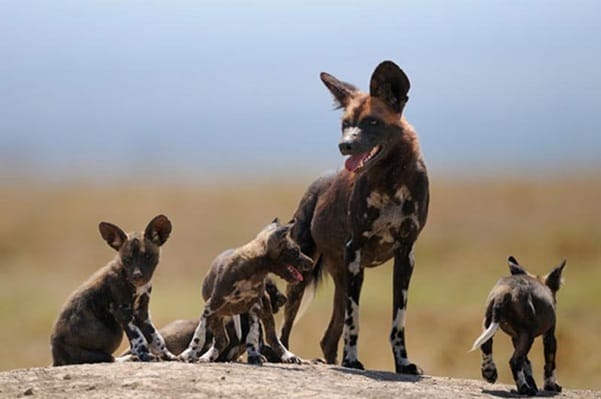
If we left the animals to look after themselves, their numbers would continue to decline catastrophically
Wildlife Conservancies: Increasing Natural Habitat & Protecting Wildlife
Our mission for over three decades has been to create more space for wildlife by expanding the area of natural habitat beyond the National Parks so that a larger area is preserved in which the wild animals can live safely in their natural environment.
By working with the local communities adjacent to the parks we have created thriving wildlife conservancies (reserves) through the leasing of their land and setting it aside for wildlife. This provides land owners with a regular income greater than they would attain from farming, plus it creates jobs and livelihoods for their family members within the conservancy and gives them a reason to protect wildlife. In return, they allow us to operate a small, low-key eco-friendly tented camp within each conservancy to generate tourist income with which the leases are paid.
We have strict limits on tourist numbers through our formula of maximum 1 tent per 700 acres and 1 vehicle per 1400 acres and we require our driver-guides to be careful to avoid disturbing the animals which are actually quite familiar with our vehicles and appear quite relaxed in their presence.
Our camps and conservancies have won various awards for responsible tourism, and Ol Kinyei has been recognised by the IUCN (International Union for Conservation of Nature) for its efforts in providing safe habitat for wildlife as well as tangible benefits to local communities.
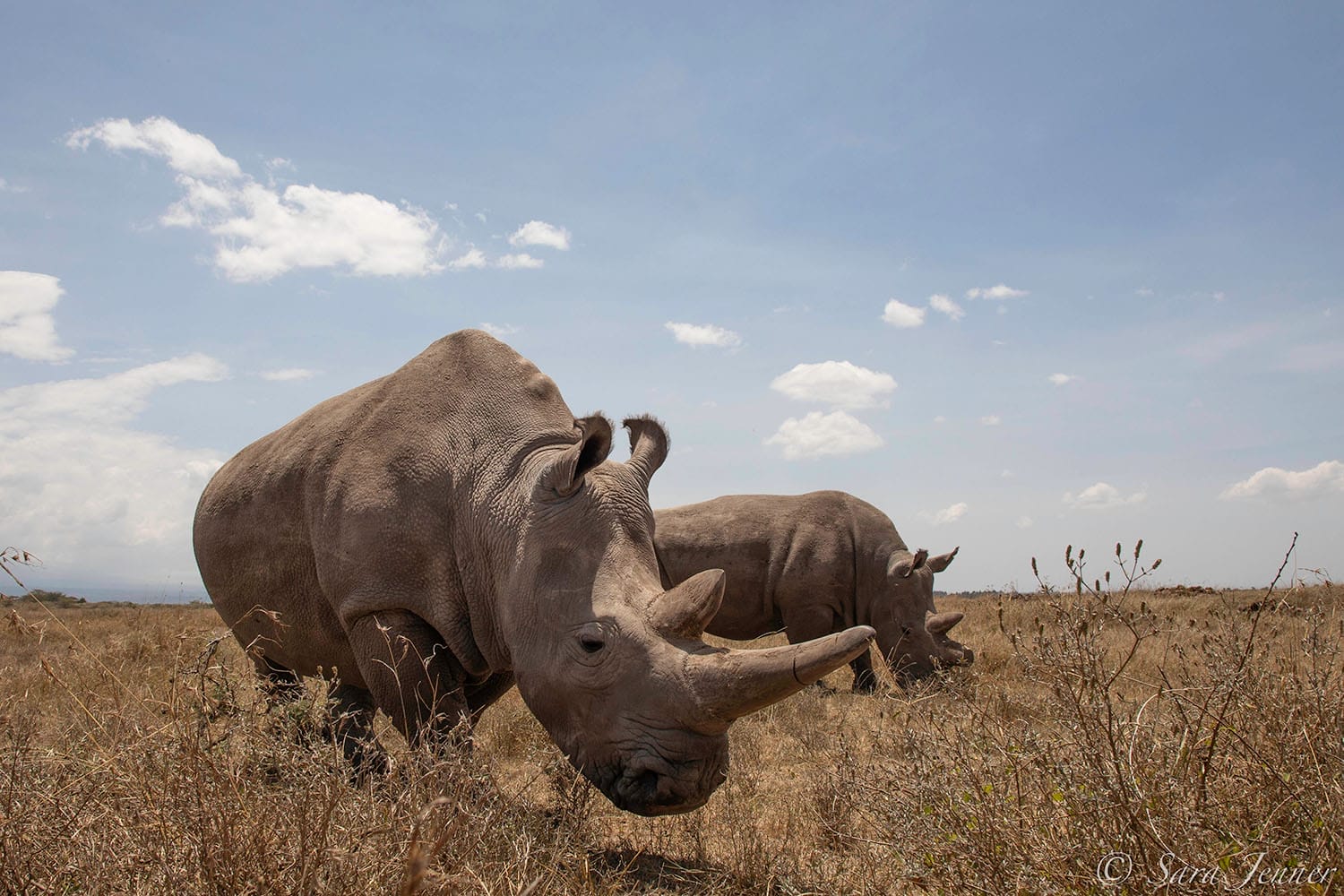
- Benefits to Wildlife: increased areas of natural habitat protected by anti-poaching rangers and reduced conflict with local people
- Benefits to Local People: regular income from lease payments and employment
- Benefits to Visitors: eco-friendly safari experiences in exclusive wildlife areas away from tourist crowds
This video clip explains more:
It is vital for the survival of wildlife that the conservancies continue to exist and that local communities still have jobs and incomes connected to wildlife conservation.
Not all Safaris are Equal – Choose a Wildlife Conservancy
There is a huge array of options when considering a safari, and if it is important to you that your travel plans are responsible then a stay in a wildlife conservancy is a must.
If you want to ensure that the wealth generated by your visit is fairly distributed to local communities then you’ll want to avoid the large international chain hotels and lodges and opt for a more personal low-key eco camp, such as our Porini Safari Camps which are set within private community-owned conservancies.
Here, you will have exclusive access to the land for game drives, without minivans full of other tourists spoiling your view.
You will also benefit from guided walks and night-drives – not available to accommodations outside of these private areas.
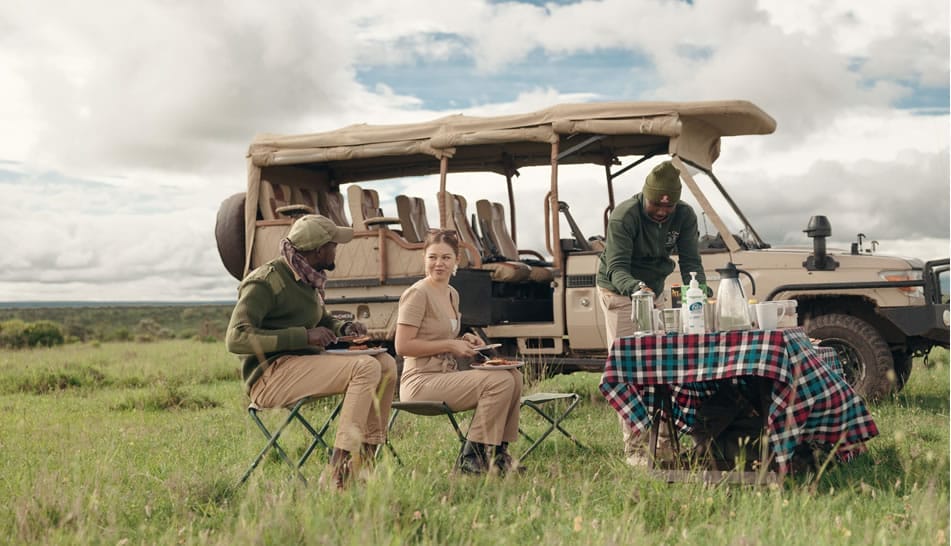
And while we’re here, let’s talk about “game”
Occasionally someone will question whether animals should be referred to as “game” due to its connotation in an earlier era with hunting. In Victorian times wild animals that were killed for sport were referred to as game and the description came to be used in Africa for all wild animals, hence the terms “game reserves” where animals are protected, “game wardens” and “game rangers” who look after the animals and prevent poaching, “game drives” when visitors are taken out in a safari vehicle to observe and photograph the wild animals and our name Gamewatchers which we have had for decades, reflecting the fact that our safaris are for watching the wild animals and not killing them!
If you Google “game drive meaning” then this is what Wiktionary says: game drive (plural game drives) English Noun: A trip into the wild to see animals in their own environment.” So, these “game” references are now widely accepted and understood to describe wildlife viewing and conservation experiences.
In short, our safaris are for people to watch and photograph wild animals in their natural habitat, and hunting has in fact been illegal in Kenya for many decades.
Our visitors use cameras, not guns!
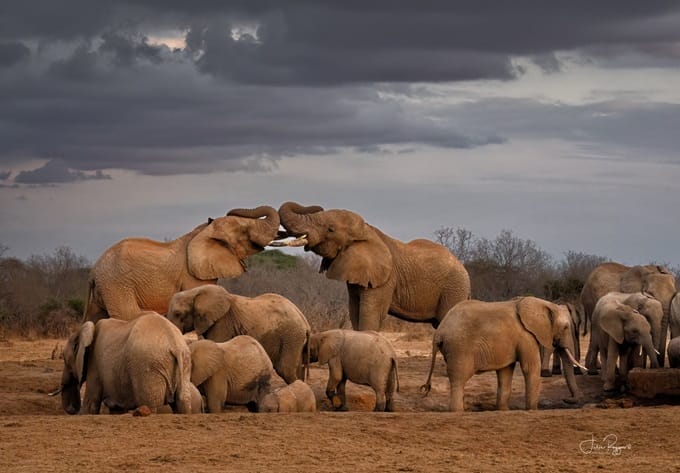
In Summary …
If we left the wild animals alone to look after themselves their numbers would decline catastrophically. They would have nowhere left to live apart from inside the National Parks (which, in Kenya, are only 8% of the land surface area).
We are expanding the area of protected habitat for wildlife by leasing land from communities and establishing conservancies where wild animals can live. We pay for this with the income from low-density small-scale tourism.
Without the tourist visitors we could not pay for the land leases and running costs of the conservancies so the land would be turned into farmland and fenced – there would then be no wild animals.
So, by coming to watch the animals you can help pay for them to continue to exist!
Ready for a safari of your own? …
If you are ready to make memories that will last a lifetime, we’re here to help. Click here to find out more information on how you can make your dream safari a reality.
Or if you’re still at the early stages of deciding where to go and what to do, just sign up to our free 6-part email course here and discover how to book the best safari and make the most of your time and budget.















